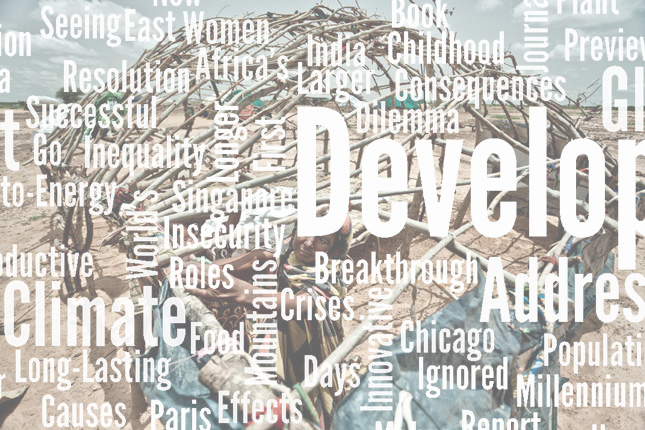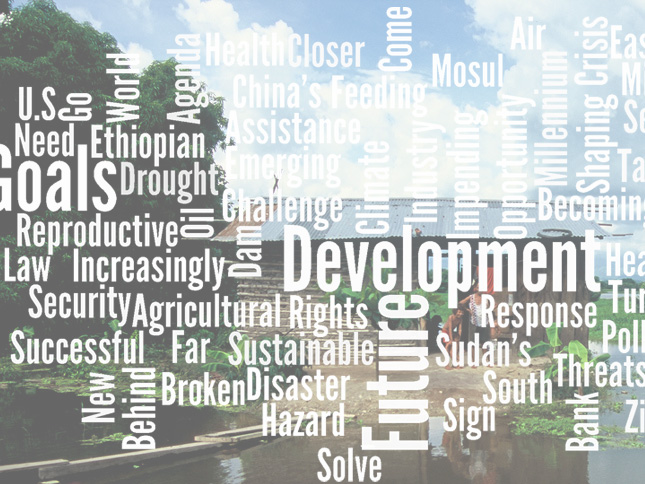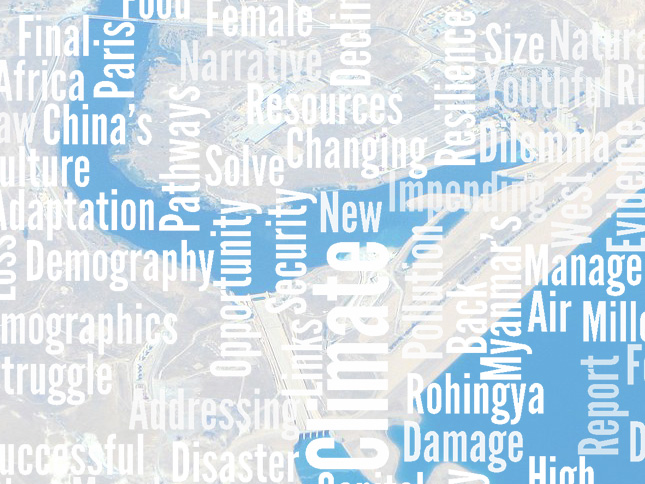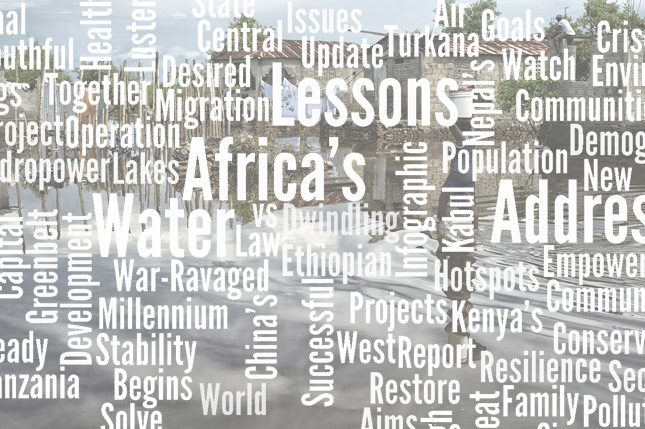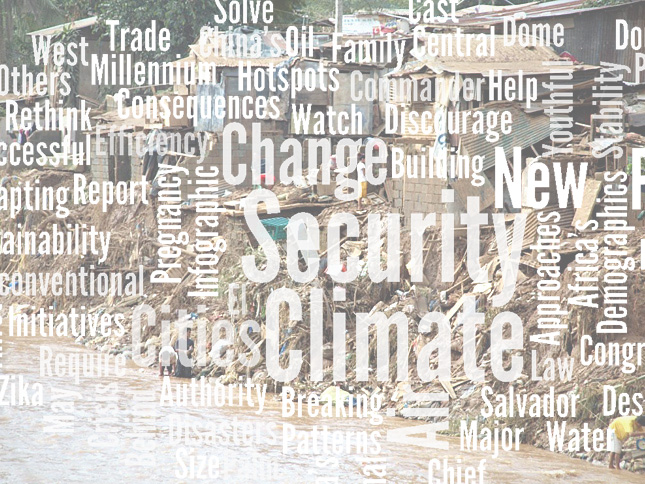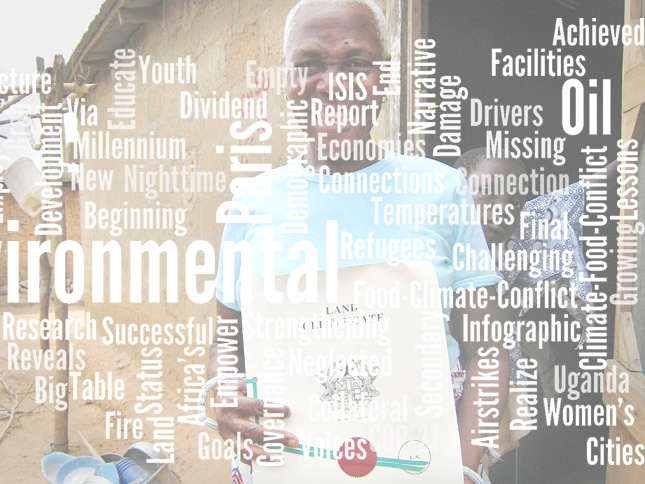-
Top 10 Posts for July 2016
›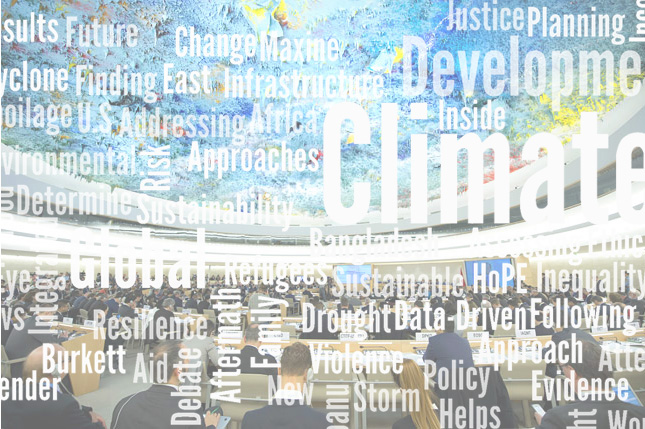
What is just was the subject of our top three most popular stories last month on New Security Beat. From climate policy to gender inequality, many governments and NGOs are grappling with how to address marginalization and other systemic problems through interventions that also address environment or health issues. As the Sustainable Development Goals encourage such integrated thinking – by rich and poor countries – these kinds of considerations are likely here to stay.
-
Top 10 Posts for June 2016
›
“There are no walls high enough to insulate any of us from the consequences of extreme climate change,” wrote Nick Mabey last month. The same could be said for the refugee and migration crisis facing many parts of the world today, including an exasperated Kenya, detailed in another of our most popular posts. These are problems that no one nation can solve.
-
Top 10 Posts for May 2016
›
Last year was the hottest on record and 2016 is shaping up to be even worse. Along with soaring temperatures though, climate change is most likely to affect you via water. A World Bank report released last month found that the difference between good and bad water management over the next four decades could swing GDP for some regions as much as 20 percent.
-
We’re At Peak Storytelling – And That’s a Good Thing
›Everywhere you look these days, you find storytellers. I’ve found myself going to fewer concerts after work and more storytelling nights. Podcasts have sprung up dedicated to the craft of narrative. It’s a brand I hear friends use to define themselves: “I’m a storyteller.” If you’re under 30, it’s a natural and ubiquitous part of the milieu.
-
Top 10 Posts for April 2016
›
An alternative to rebuilding Iraq’s dangerously unstable Mosul Dam? Rapprochement between Turkey, Iraq, and the Kurds, writes Azzam Alwash for the Middle East Program in last month’s most-read story. Cooperation over water could be a mechanism for building stability and restoring vital natural resources.
-
Top 10 Posts for March 2016
›
Water, water, everywhere. Water stories accounted for half of the most read last month. New Wilson Center Fellow Sherri Goodman outlined three principles to creating a “water-ready” world. Heather Chen highlighted a four-part update by the Kenya Broadcasting Corporation on Lake Turkana as the Gibe III Dam begins operation. Florian Krampe outlined results from a research project in rural Nepal on the effects of small hydro projects. And Alec Crawford and Angie Dazé explained lessons learned about incorporating migrant populations into conservation projects around Lake Albert.
-
Top 10 Posts for February 2016
›
The problem seems simple: More people living in dense, low-lying cities means more people are vulnerable to flooding, storm surge, and sea-level rise. But the solution is not, writes Linda Shi in last month’s most-read story. Efforts to build resilience to the effects of climate change too often exacerbate inequalities, leaving the poorest and most marginalized just as bad off, if not worse, as before.
-
Top 10 Posts for January 2016
›
The good news is that some of the big land deals reported in Africa after the 2007-08 food crisis may have evaporated once companies realized the precarious land and legal frameworks they were stepping into. The bad news is that small farmers don’t have the same luxury, writes Landesa CEO Chris Jochnick in last month’s most-read story.
Showing posts from category meta.


